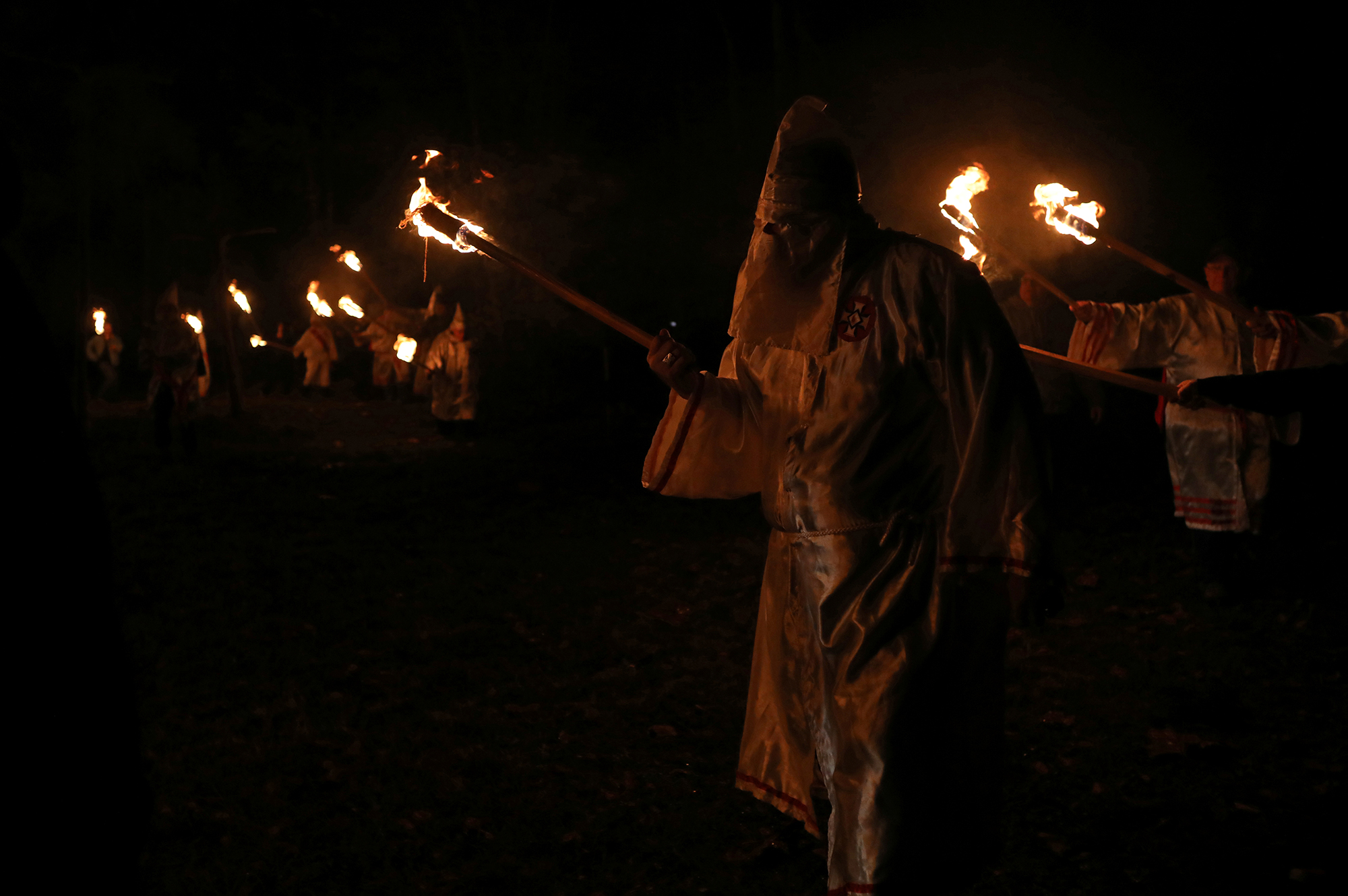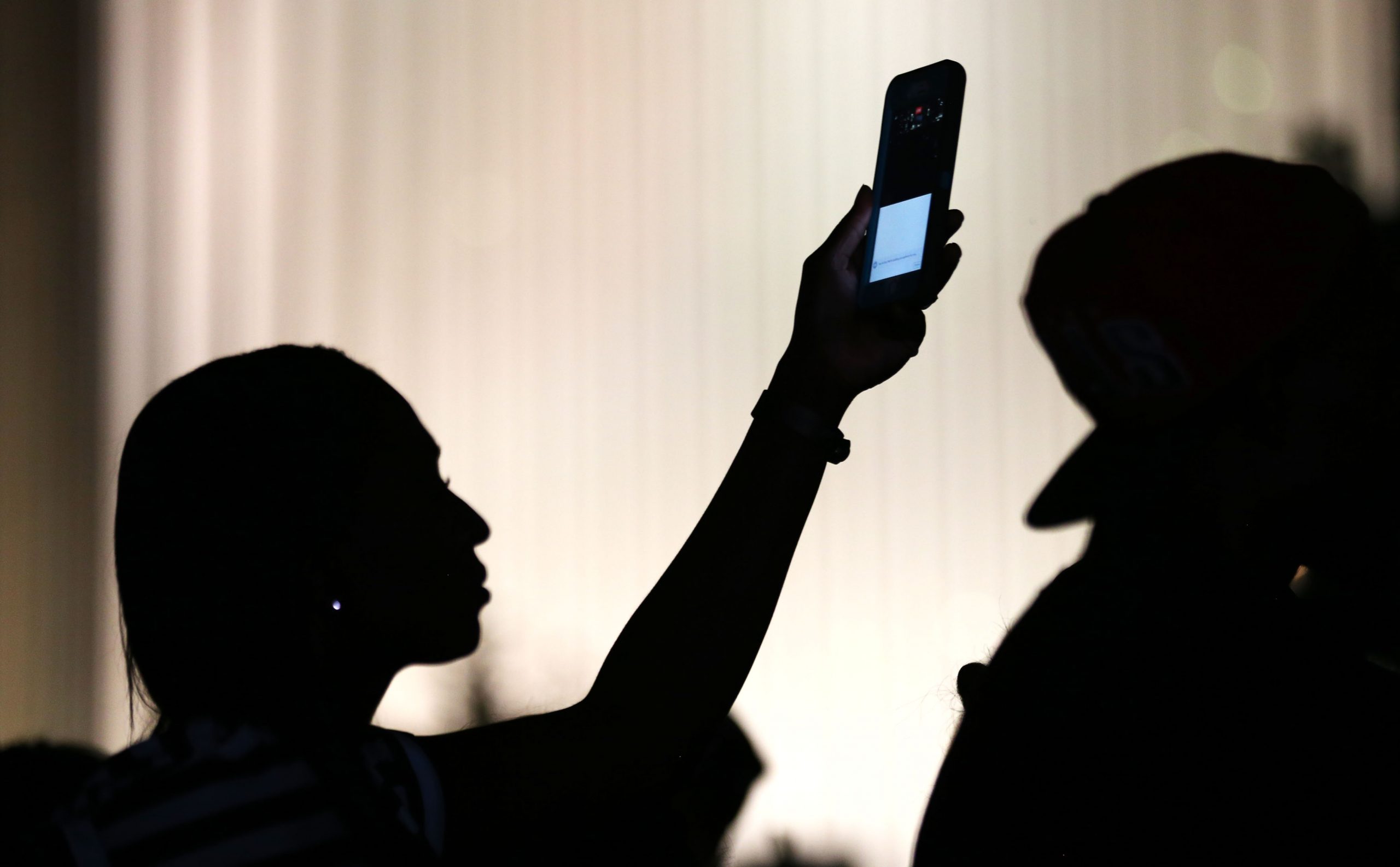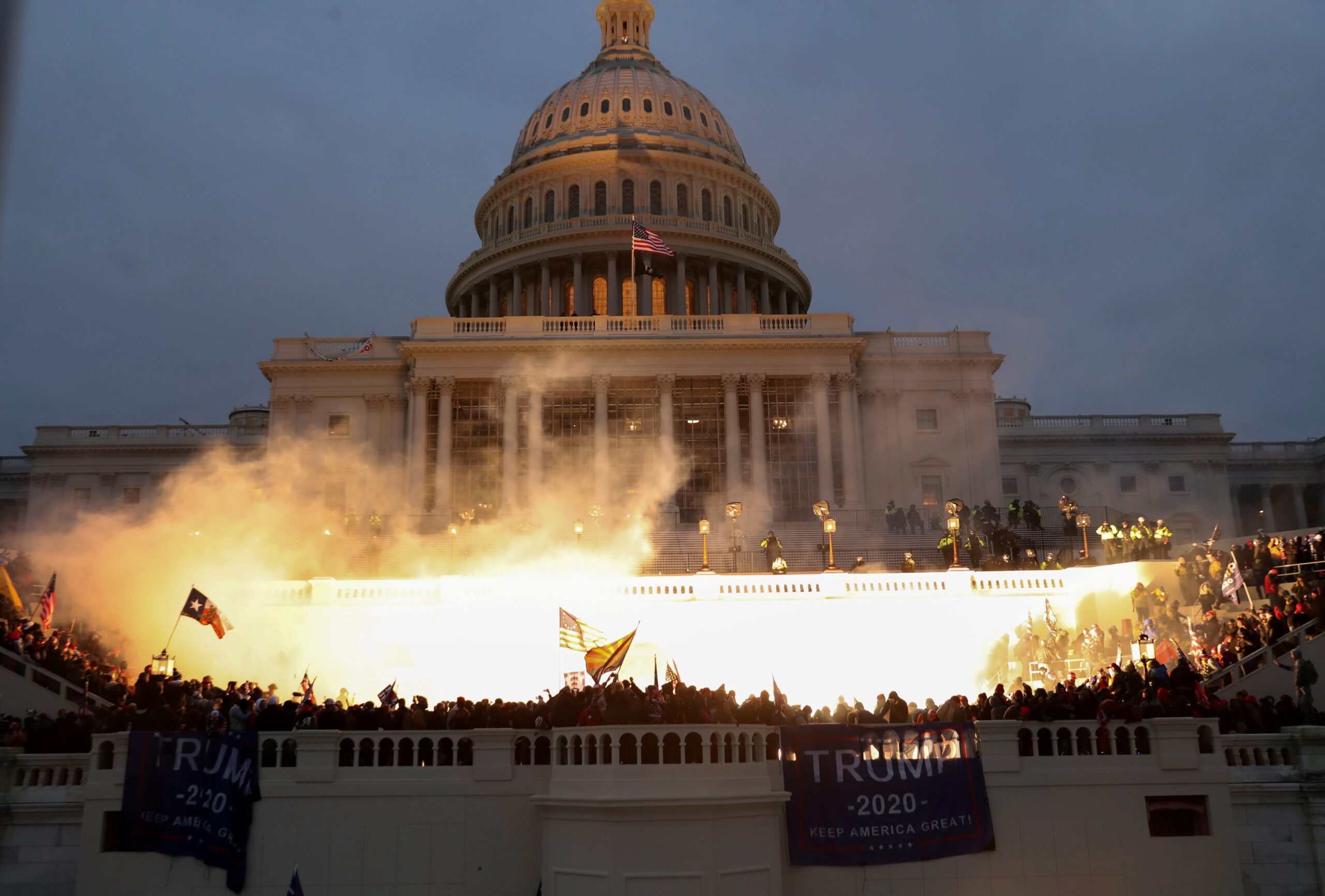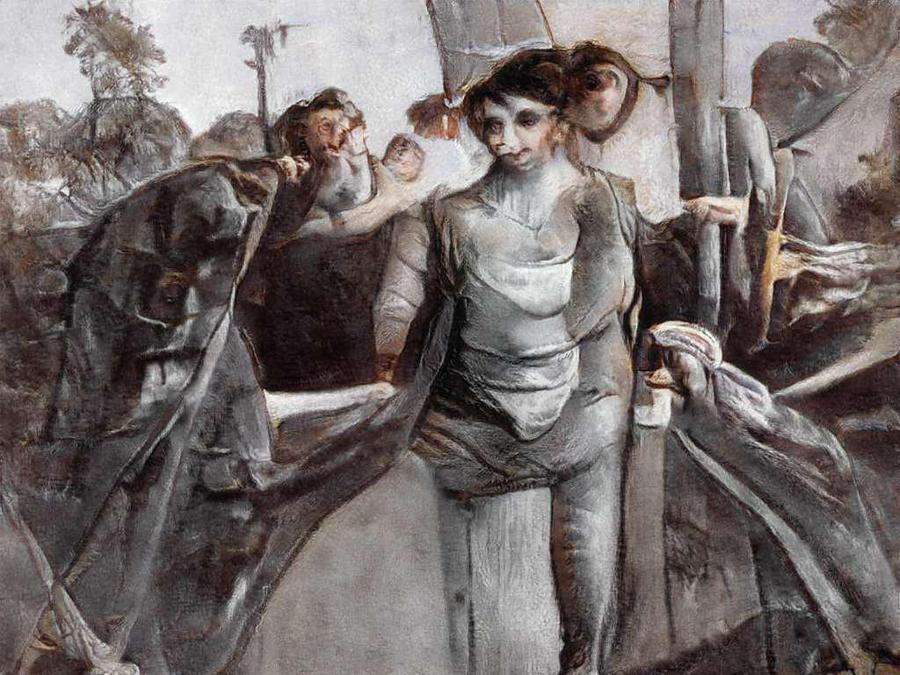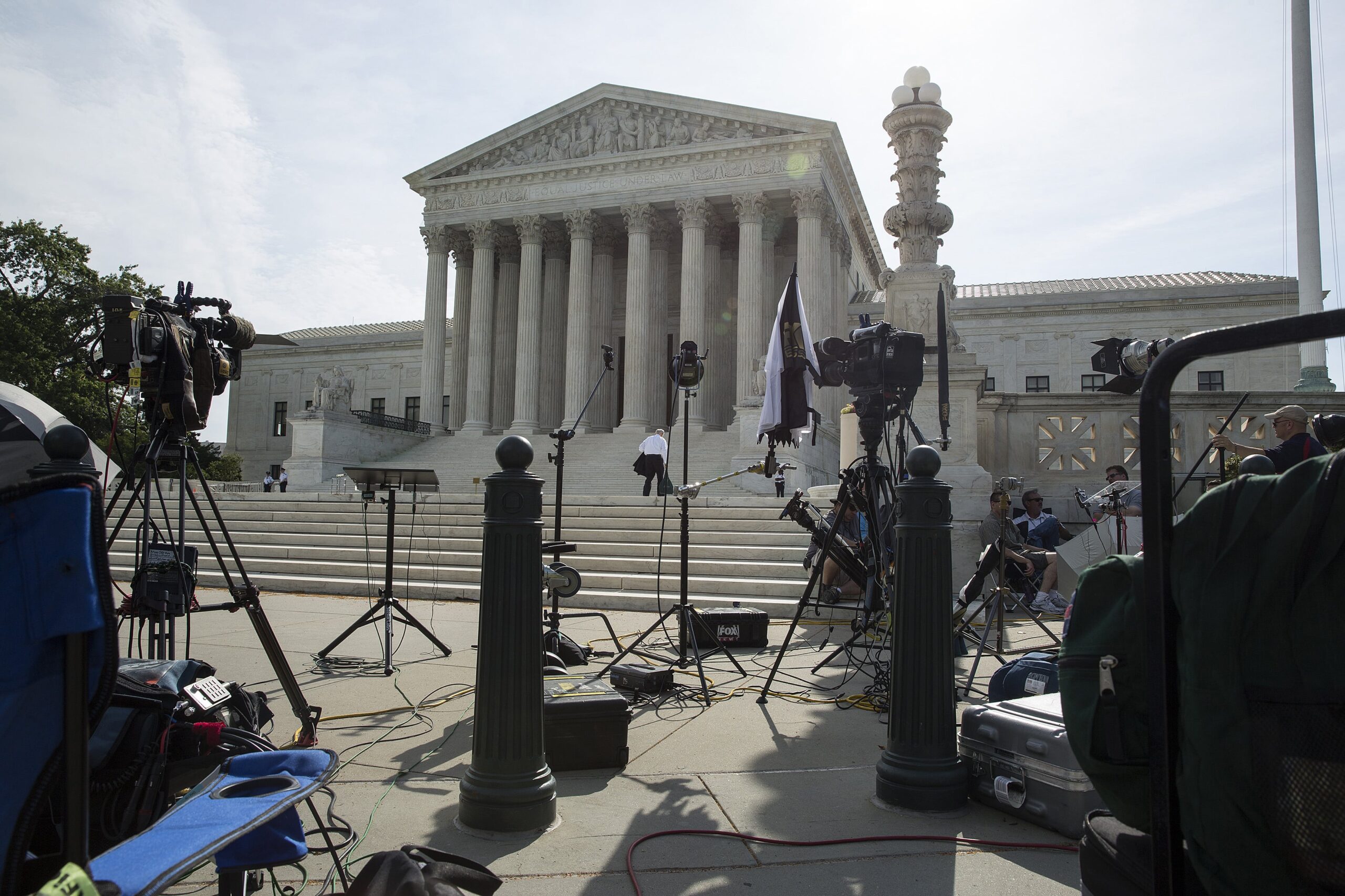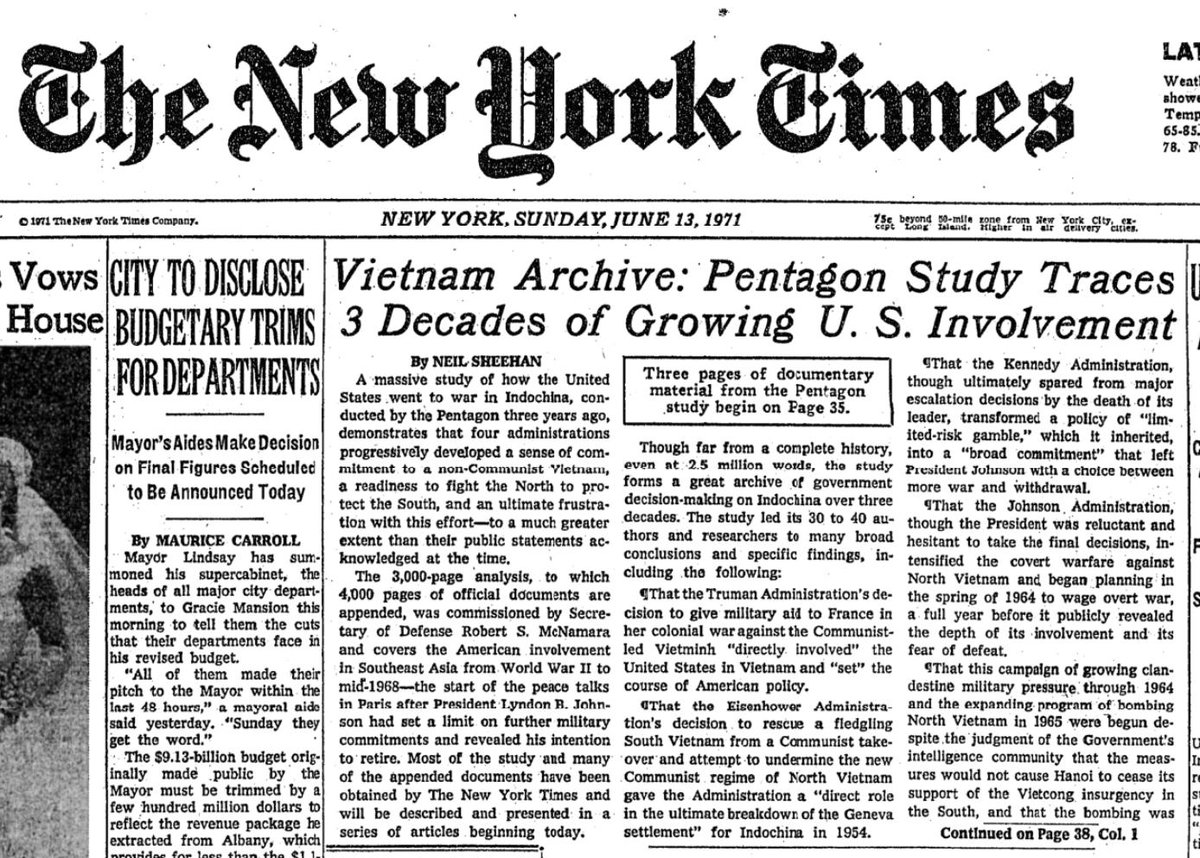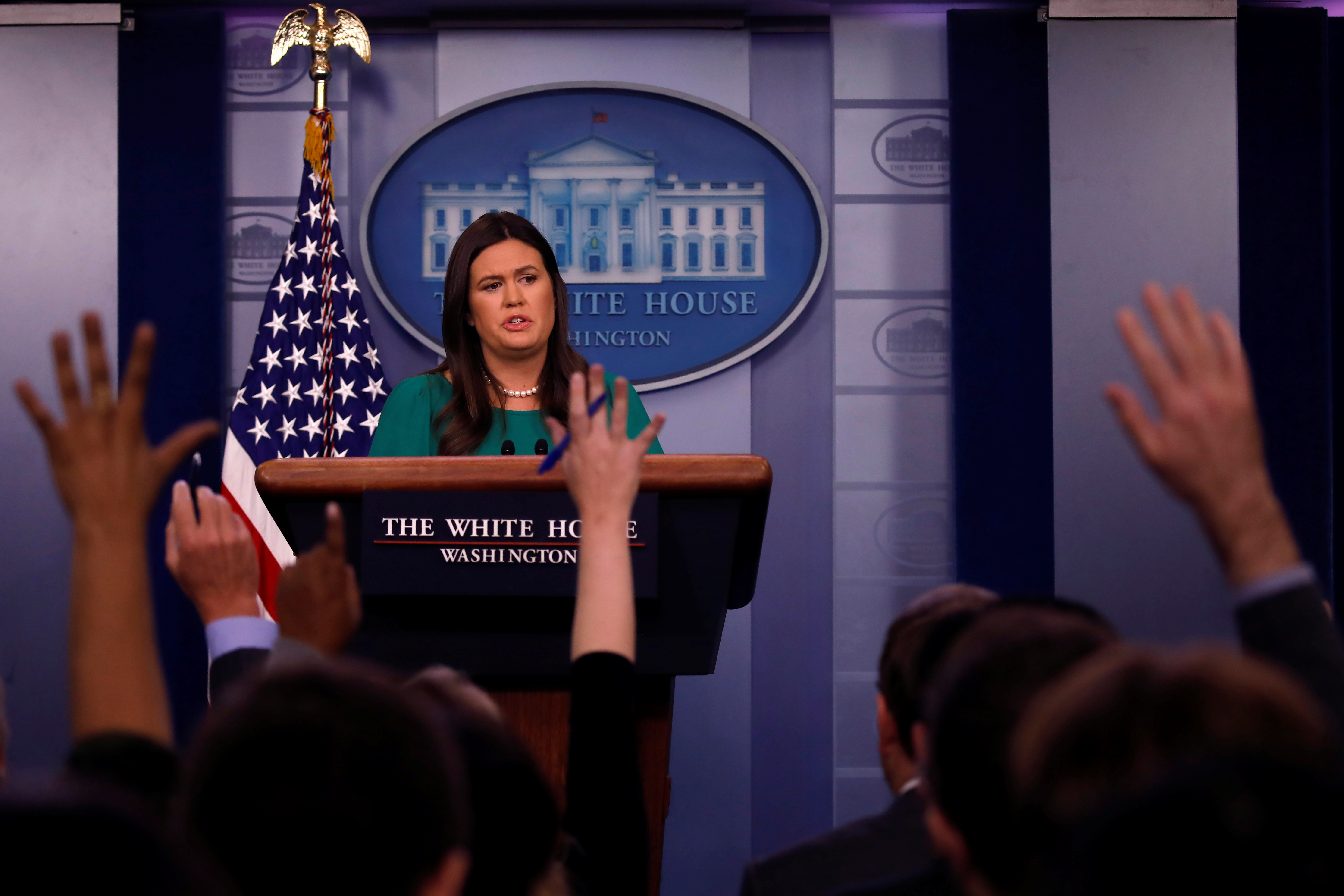Teacher Guide: Speech Not Protected by the First Amendment
This teacher guide discusses many of the important unprotected categories of speech that have led to contentious First Amendment litigation through the years.
Teacher and Citizen Guides: Recording Video and Audio of Police Officers
By 2019, more than 81% of Americans owned a smartphone, as compared to 35% in 2011. This has given rise to “citizen journalists” who record and disseminate videos of police officers performing their duties in public. Does the First Amendment protect them, or can the state prohibit the recording of police activity?
Teacher Guide: Disinformation and the First Amendment
Disinformation is more pernicious and widespread today than at any other point in history, largely because of social media and the Internet. For instance, it is now widely known—and verified by the U.S. intelligence community—that Russians interfered with the 2016 presidential election.
In 2018, Christie’s auction house in New York sold a painting, Portrait of Edmond Bellamy, for $432,500. This sales price was significant. Not because it was exceptionally high—Christie’s has had many sales that would dwarf this price—but because the painting was not made by a human being. It was created by a computer using artificial intelligence (AI).
Teacher Guide: Access to Courts and Court Records
Public access to the judicial system is a necessary element in a constitutional democracy. The idea behind “We the People”—the notion that the people are sovereign—assumes that the people govern their institutions. This teachers guide discusses access to courts, including how court access is faring during the COVID-19 crisis; the development of access to criminal trials; the importance of both the First Amendment right of access and the Sixth Amendment right to a public trial; the clash between the First Amendment and the Sixth Amendment concerns over a fair trial; the qualified right of access to civil court proceedings; the dangers of “secret justice”; and cameras in the courts.
Teacher Guide: Prior Restraints—The Most Egregious Violation of First Amendment Rights
The most fundamental violation of freedom of the press is considered to be a prior restraint—an order issued by a court that prohibits the publication or broadcast of material that in some way is deemed especially harmful. Prior restraints have come up in many different contexts, including permits for demonstrations and ratings for movies. In this guide, however, we focus on two of the most important areas—where publication of information may endanger national security and where it may harm a defendant’s right to a fair trial under the Sixth Amendment.
Today, most political and social discussion occurs in the digital sphere, often on peoples' social media platforms. Seeing this, some public officials have opened Facebook and Twitter accounts to share important updates and engage with their constituents. But what happens when the official wants to remove a user who is posting critical feedback? This teacher guide uses the Knight First Amendment Institute v. Trump to show how First Amendment principles like public forum and viewpoint discrimination apply online.
Teacher Guide: Press Briefings and Journalists’ Rights
Though politicians and journalists need one another, their interactions are by nature often adversarial. A key part of a reporter’s job is to look beyond the story public officials want to tell and to ask uncomfortable questions. But when officials believe reporters go too far, can they ban them from attending future gatherings? And what First Amendment or other rights protect reporters from such actions?
